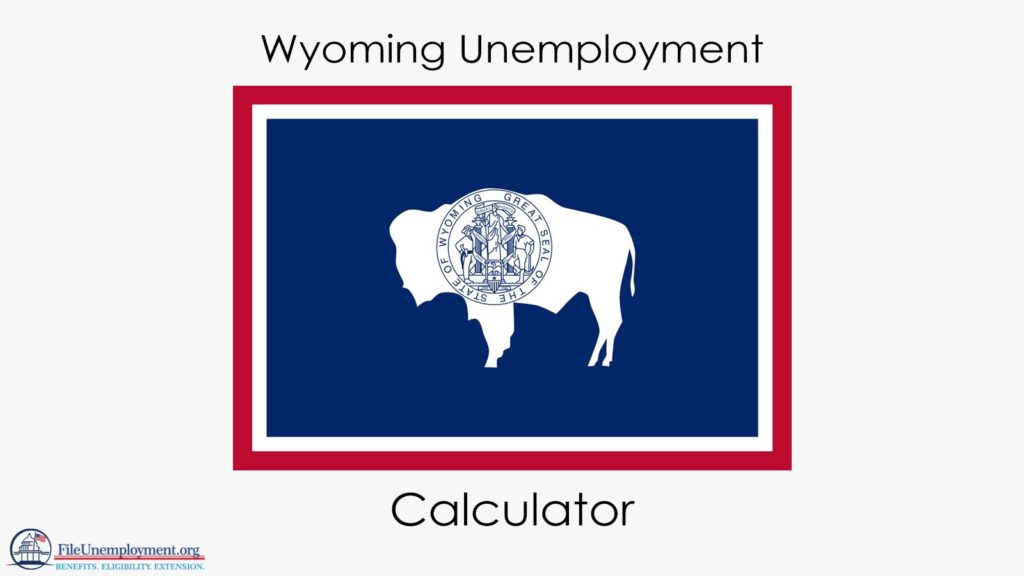Wyoming Unemployment Benefits Calculator
People who live in Wyoming and want to apply for unemployment benefits can use this Wyoming Unemployment Benefits Calculator to figure out how much money they may qualify for.
Please note that this tool only provides an estimate, not a guarantee of benefits.
How are Wyoming benefits calculated?
The amount of money you get from Wyoming unemployment insurance benefits depends on how much you made during your base period. Your weekly payment is 4% of what you earned in the quarter where you made the most money.
The maximum weekly benefit you can get each week is $560, and the minimum weekly benefit amount is $40. These numbers will change from year to year because they’re calculated using a formula based on the average weekly salary in Wyoming.
How many weeks do I get benefits?
You can receive full unemployment benefits for up to 26 weeks in one year. If you earn part-time income while receiving benefits, your payments could last up to one year.
The exact amount of time you qualify for depends on how much you made during the time period used to calculate your benefits and the maximum unemployment benefit allowed by Wyoming law.
Are Extended Benefits available?
Extended benefits are only available in extenuating circumstances, such as during times of high unemployment or unprecedented economic times. Currently, unemployment extensions are not available in Wyoming.
What is a base period?
Your base period is the first four out of the last five full calendar quarters before you start your claim. This is used to calculate your weekly benefit amount and determine your eligibility for benefits.
Can I work part time and receive benefits?
You are allowed to work part time, so long as you report how much money you made each week. This needs to be reported as gross income, not net income. You need to report the money you made the same week you earned it, not when you got paid. Report all money you made before any deductions, including tips, from each job. The government will check with your employers to make sure you are reporting the correct amount.
If you make more than half of the money you usually get from benefits, your payment will decrease. If you work more than 35 hours in a week or make as much as you usually get from the benefits, you won’t receive a payment that week.
If you don’t report your earnings correctly, you could lose your benefits for 52 weeks. If you don’t report all the money you made, you may owe the government money, plus penalties. If you ask to work fewer hours, this could be considered unemployment fraud and you may lose your benefits.
How do I get paid?
In order to receive Wyoming UI benefits, you will need to file a weekly claim and maintain eligibility. After you apply for benefits and are approved, you will receive a card in the mail from U.S. Bank. This is a debit card where you will be paid if something goes wrong with direct deposit, or if physical checks cannot be issued.
When you receive the card, follow the instructions to activate it by calling 1-855-233-8371. You can use the same card for future unemployment insurance claims. You can also have the money directly deposited into your checking or savings account. You can select your payment preference from inside your WYUI account. You will need your username, password, bank account number, and routing number.
What is an offset?
If it is determined that you received an overpayment, the Wyoming Department of Workforce Services will keep your benefit compensation and apply the payments to what you owe. This is what is known as an “offset.”
Are unemployment benefits considered taxable Income?
If you receive money from Unemployment Insurance, you will have to pay federal income tax on it. You can opt to have the Wyoming Department of Workforce Services withhold 10% of your benefits and send it to the IRS.
It is your responsibility to make sure you are paying the correct amount of taxes on the money you receive. At the end of January, you will receive IRS Form 1099-G which shows how much money you received from Unemployment Insurance.





